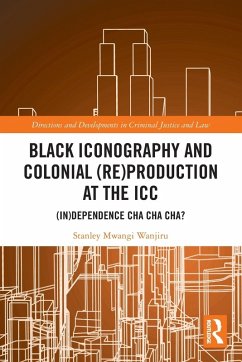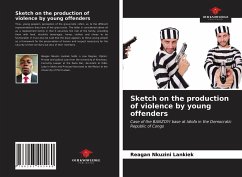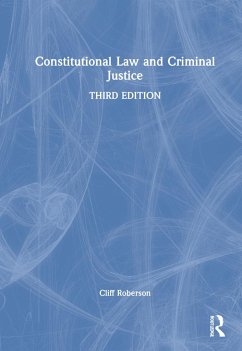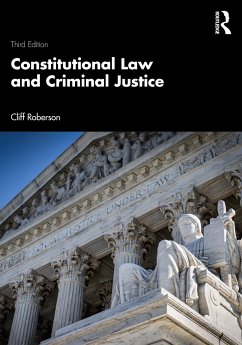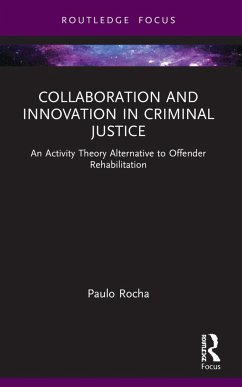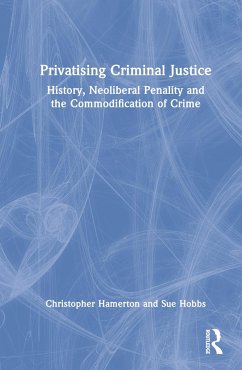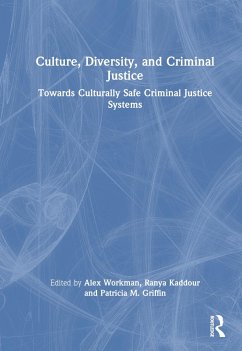
Co-production and Criminal Justice
Versandkostenfrei!
Versandfertig in 1-2 Wochen
29,99 €
inkl. MwSt.
Weitere Ausgaben:

PAYBACK Punkte
15 °P sammeln!
This book explores co-production of knowledge in criminal justice contexts: in prisons and youth detention centres; with criminalised women; from practitioners' perspectives; and with First Nations communities. It considers which voices are heard in the controlled settings of courts, prisons, police and non-government justice agencies.





